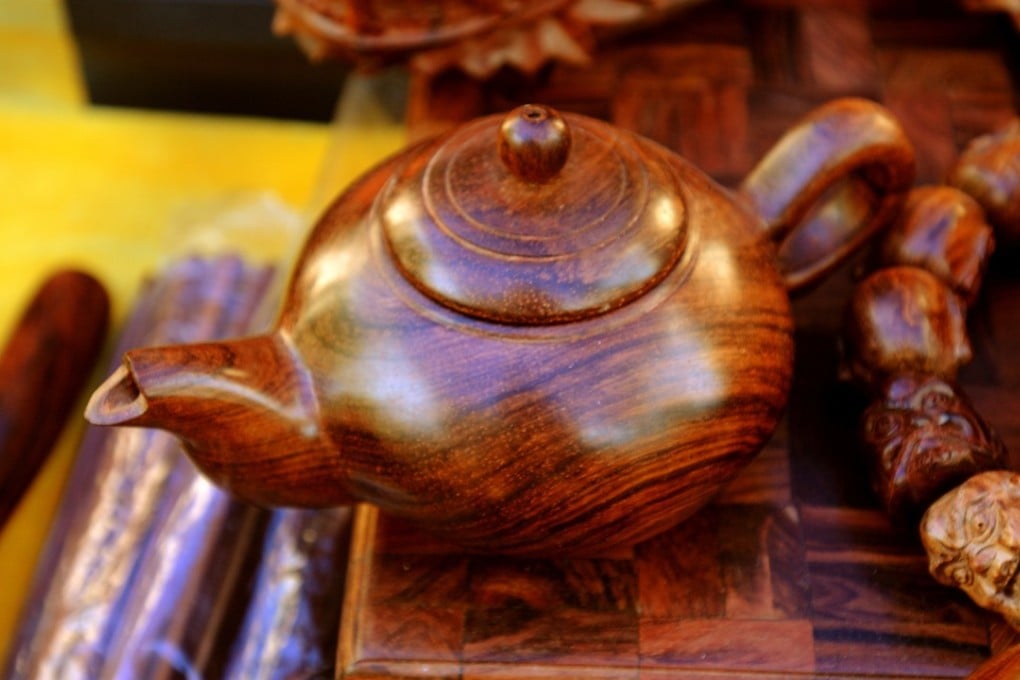Cultural and culinary treasures make exploring Haikou a joy
‘Coconut City’ offers tastes and handicrafts that can’t be found elsewhere

No trip to Haikou is complete without a foray into the shops and markets to sample the many cultural and culinary treasures available in the “Coconut City”. Centuries of tradition are on display at Haikou’s handicraft shops, even as the city’s fresh food markets highlight China’s widest selection of fresh, locally-produced tropical fruit.
Perhaps the most impressive venue for handicrafts and souvenirs is Qilou Old Street. Gastronomic tourists will be delighted with the nearby Qilou Snack Street, a local hot spot for foodies that was built in 2010 and which is home to thousands of street snack offerings. Spread over six floors and able to host thousands of guests, this dining attraction serves every variety of local dish.
For a taste of Haikou’s tropical fruits, head over to the Bailongnan Fruit Market on Bailong South Road. Beyond the tried-and-true coconut, Hainan’s fresh mango, papaya and lychee all serve as true standouts.
While most China-produced coffee hails from Yunnan, Hainan produces some of the country’s premier robusta coffee. Also on hand are areca nuts, which are actually berries of the areca palm and which can produce a mild stimulant effect when chewed either in raw or dried form. One famous brand is Fushan Coffee. with shops in Haikou.
The ubiquity of coconuts in Haikou gave rise to a rich history of coconut shell carving dating back at least to the seventh century. Local craft stores offer everything from bowls and spoons to elaborately carved tea boxes and jewellery sculpted from coconut shells.
Tourists looking for souvenirs at the high end of the market will want to explore Hainan’s huanghuali or rosewood furniture. This hardwood comes from the slow-growing rosewood tree, which is now rare enough that harvesting them is banned not only in China but also in places such as Laos and Thailand.
